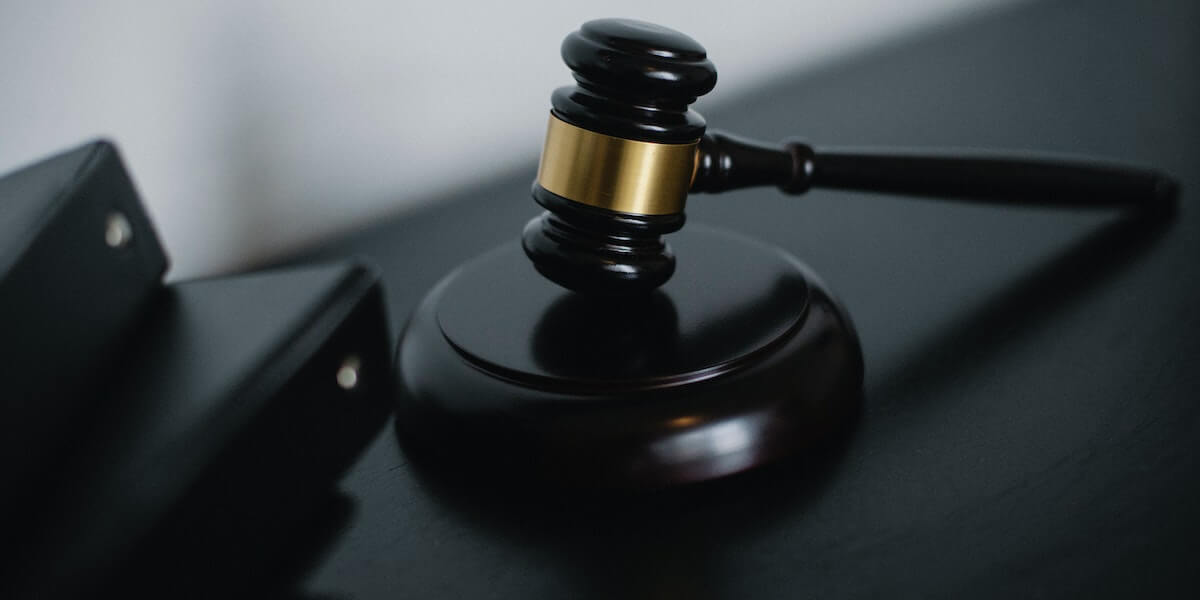Individuals with security clearances, whether that be a Top Secret (TS), Top Secret–Special Compartmentalized Information (TS-SCI), or Secret, are obligated to disclose information on a periodic basis to have their clearance re-evaluated. The information can range from rather benign topics such as changes in address or travel to foreign countries, to more personal topics such as arrests and other involvement with the legal system. Many clearance holders think disclosing their legal history will automatically cause them to lose their clearance since you not only have to report convictions, but also arrests. This is far from the truth. It is important that if you are in this situation, that you know what, when, and who to report your actions to so you can have the best chance at saving your clearance and career. So, what should you do if you are arrested at some point between your security clearance renewal investigations?
The worst thing someone with a clearance can do is act like the arrest didn’t happen and have the security officers find out on their own. If this happens, not only will you be fighting to overcome the arrest and the underlying conduct that led to the arrest, but also a personal conduct violation for failing to disclose this information. When a clearance is granted, the government is reposing special trust and confidence in that person, and accordingly, that person has an obligation to keep their security manager apprised of any potential concerns, regardless of how minor they may seem.
Each case and each type of arrest will have different extenuating and mitigating factors to consider. In regards to the SF86, an arrest is defined as any situation in which law enforcement restricts someone’s freedom. This can be either when you are taken into custody or issued a citation to appear in court. Does that make a simple traffic stop something you should report? Not necessarily. The drafters have carved out an exception for minor traffic citations that can be omitted when reporting interaction with law enforcement. There are also situations where you could find yourself being detained, but not arrested. For example, if you are publicly intoxicated, you could be placed in jail until you are sober then released with no further follow-up. In situations like this however, it is best recommended that you do disclose those incidents.
Many people assume the best course of action is to have a conversation with their supervisor or security officer. This can be very dangerous because the individual receiving the information might perceive your disclosure more negatively than it is given their life experience, and might then relay improper or more damaging information, which could cause you to lose your clearance. You should report all potential violations in a well-written submission, explaining the situation and building in mitigation from the Adjudicative Guidelines. This will also help you to be able to create and save a record of the self-report for future production if you are accused of failing to report the incident.
The best chance one has of retaining their clearance after an arrest is to get ahead of the situation early and to do so in such a manner that the notification of the arrest is accompanied by extenuating and mitigating circumstances. This may include specifics about the arrest itself. For instance, in a DUI arrest, one might provide relevant information in the notice to indicate that the arrest was improper and all charges will likely be dismissed. The mitigation may also be about the underlying conduct (i.e. I only had a couple of drinks, and stayed long enough while eating and drinking water that I thought was sufficiently under the legal limit). The individual can also provide information about his or her intended actions moving forward (i.e. voluntarily enrolling in rehabilitation classes, seeking a mental health evaluation to confirm that there is no underlying abuse problem, and so forth).
So regardless of what your circumstance is, the most important thing is to get this information out early. The best way to mitigate concerns over your security clearance and keep your career is to be proactive and show initiative. This will take the sting out of the news of the arrest, and show that you have learned a valuable lesson and are taking responsible actions to manage the situation and avoid it becoming a security risk.
As a Senior Associate at Tully Rinckey PLLC, Allison Weber focuses her practice on all aspects of military and national security law. She provides security clearance representation on matters ranging from assisting clients in proactively disclosing information to avoid issues, completing applications, answering letters of inquiry, responding to Statements of Reason, and attending revocation hearings. She can be reached at info@tullylegal.com or at (716) 439-4700.







